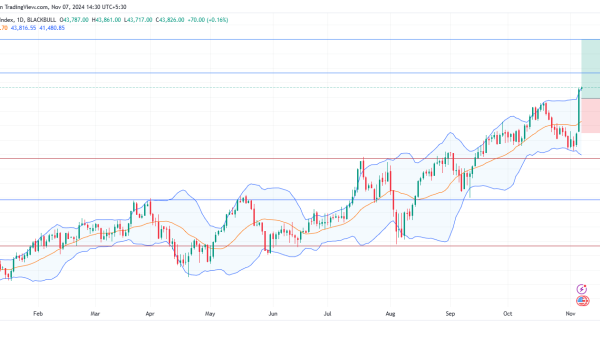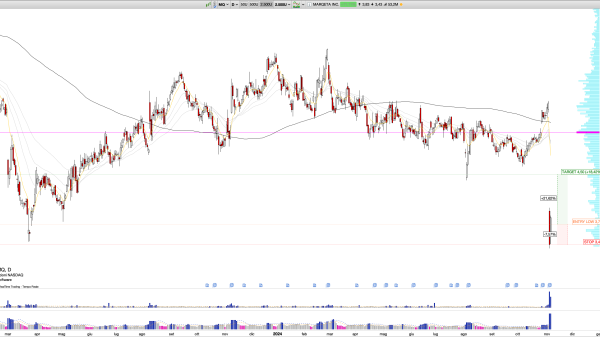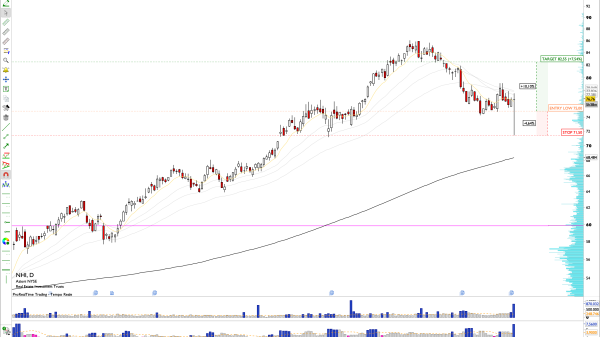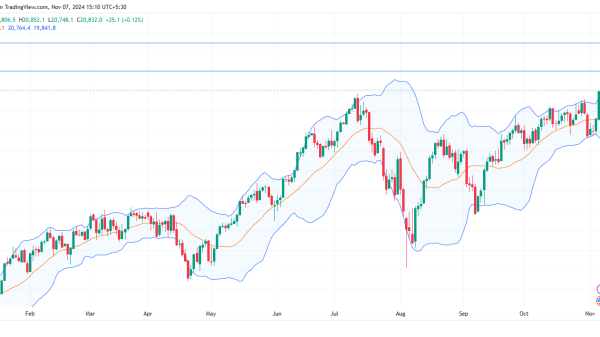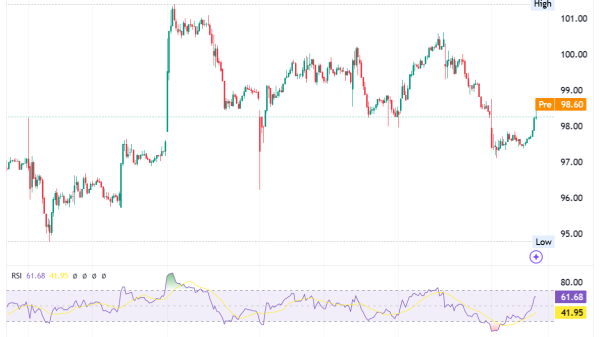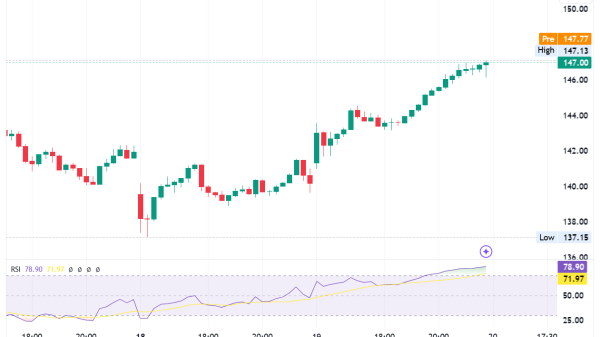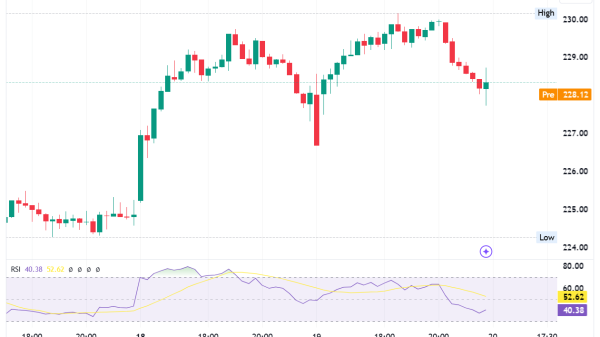The Impact of OPEC+ Decision on Oil Tanker Rates
The global economy is a complex web of interconnected industries, and none exemplify this interconnectedness more than the oil tanker industry. These massive vessels, often called the lifeblood of the energy sector, play a crucial role in transporting vast quantities of crude oil and refined oil across the world. However, recent developments have sent shockwaves through the industry as oil tanker rates experience a sharp decline. This article explores the reasons behind this unexpected plunge, exploring its implications for the refined oil trade.
Navigating Turbulence: The Plunge in Oil Tanker Rates
In a surprising turn of events, the oil tanker ship industry is facing a challenging period marked by significant reductions in freight rates. The industry is grappling with a decline in demand for oil tankers, largely driven by shifts in global oil production and consumption patterns. The once-lucrative business of transporting crude oil from production hubs to refineries is now encountering headwinds, leaving stakeholders searching for answers.
The repercussions of the tumultuous oil market have cast a shadow over the Aframax tankers, once hailed for their robust capacity to ferry around 700,000 barrels of precious crude. A stark contrast emerges when we trace back to the annals of last year when these very vessels found themselves in an unprecedented role: facilitating Russia’s oil transport endeavours post its foray into Ukraine.
OPEC, a key player in the global oil market, has been adjusting its production levels in response to various factors, including geopolitical tensions and shifting renewable energy trends. These adjustments directly impact the supply and demand dynamics that govern the crude oil forum. As OPEC fine-tunes its output, the need for large-scale crude oil transportation via oil tankers is diminished, resulting in decreased freight rates.
Refined Oil’s Uncertain Voyage
The implications of this downturn in oil tanker rates extend beyond just the crude oil market. The transportation of refined oil products, such as gasoline, diesel, and aviation fuel, also heavily relies on these vessels. Refined oil products are vital to modern economies, powering industries, transportation, and everyday life. Any disruption in their transportation can lead to ripple effects felt across various sectors.
Across the oil map, Iraq’s semi-autonomous Kurdistan region is a testament to this phenomenon. Since March, the once-flowing current of 500,000 barrels per day to the Turkish port of Ceyhan has been stemmed, leaving the world grappling with the absence of a significant artery of oil movement. The resumption of this flow, a puzzle whose pieces are slow to interlock, remains a question shrouded in uncertainty.
As oil tanker rates plunge, concerns arise regarding the efficiency and cost-effectiveness of transporting refined oil products. The reduced availability of oil tankers could lead to shipment delays, increased consumer prices, and challenges for industries dependent on these products. Moreover, the intricate logistics of coordinating the movement of refined oil across the globe are at risk of being disrupted, prompting industry players to consider innovative solutions.
The Crucial Role of Oil Tankers in a Changing Energy Landscape
In the ever-evolving landscape of the global energy market, the fate of the oil tanker industry holds significant implications for economies, industries, and consumers alike. The recent decline in oil tanker rates, attributed to OPEC’s adjustments and changing consumption patterns, has cast a spotlight on the interconnectedness of the oil trade. While the primary focus has been on the transportation of crude oil, the consequences of the movement of refined oil must be addressed.
The currents are undeniably shifting in the intricate web of global oil trade. The Aframax and Suezmax tankers, once riding high on the demand surge, now face the complexities of an altered landscape. The implications reverberate far beyond the maritime realm, casting shadows on industries and economies that heavily rely on the steady flow of crude oil and refined derivatives.
The story of the oil tanker ship industry serves as a reminder that even in the face of adversity, the global economy continues to evolve, driven by intricate connections between various sectors – connections exemplified by the movement of oil from production to consumption.
The post The Impact of OPEC+ Decision on Oil Tanker Rates appeared first on FinanceBrokerage.


